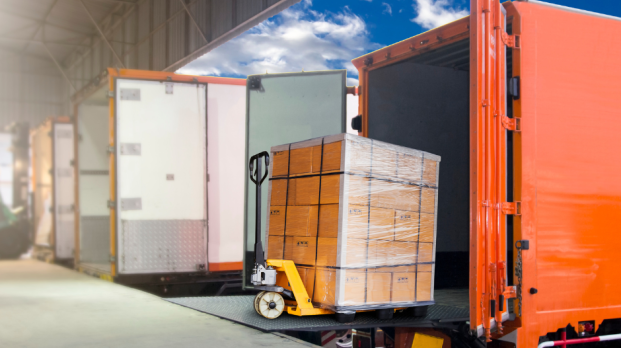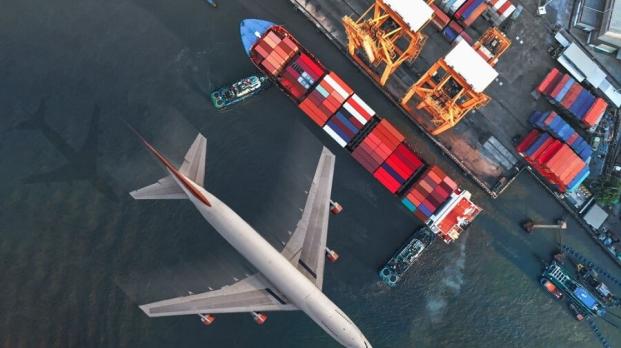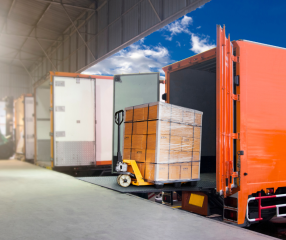
Digitalization and technology have played an invaluable role in business, automating processes, identifying inefficiencies, creating easier channels of communication, and overall allowing leaders and staff to focus on big-picture strategies. Like operations, digital solutions have also been applied to sustainability objectives in business. These solutions have contributed to several successes in the global sustainability agenda, including the reduction of carbon emissions.
Gartner notes that a holistic digital solutions strategy will drive environmental, social, and governance (ESG) outcomes, and by 2025, 50% of CIOs will have performance metrics tied to sustainability. Digital solutions are especially important in tracking energy consumption and performance as well as identifying asset utilization to offset carbon emissions.
Automation can pave the way for data-driven sustainability strategies in businesses, such as:
1. Creating forecasts of impacts in an organization.
2. Driving simulations before actual implementation to assess the success of solutions.
3. Outlining different approaches to sustainability goals and the steps needed to reach them.
4. Creating sustainable transparency through office data related to emissions.
While the logistics and transportation sector plays a crucial role in the global economy, it is one of the main contributors of carbon emissions. Because of this, it’s increasingly important for logistics organizations to participate in sustainable initiatives, including the adoption of digital solutions to not only track carbon emissions, but also find ways to offset them.
For example, automation can help streamline company operations, eliminating inefficiencies that can negatively impact both the business and environment. According to BCG, the implementation of AI in businesses can help reduce 2.6 to 5.3 gigatons of GHG emissions, or 5% to 10% of the total, in 2030. Additionally, AI could provide $1 trillion to $3 trillion in value add when applied to corporate sustainability on a general level.
As a performance-oriented organization, EFL Global uses digital solutions to create transparency in reporting customer emissions, guiding them on their climate journey and identifying emission reduction targets. One of these solutions is our CargoWise one platform, where we track and trace shipment milestones. By tracking this information, EFL Global can support in offering multimodal freight approaches to reduce emissions. Additionally, the organization uses GPS tracking across road freight activities to help reduce time on the road and provide more efficient routings, therefore saving on fuel and offering lower emissions caused by trucking.
From an internal standpoint, EFL Global is in the process of deploying paperless mechanisms across global stations in alignment with its Zero Waste Policy. This improves efficiency of processes, lessens bureaucracy and approval times, and overall reduces costs.
The overall goal of EFL Global is to reduce carbon emissions through its services and operations, while using digital solutions to outline this journey. These internal efforts, combined with encouraging clients to track, identify, and reduce emissions where possible, contribute to reaching the organization’s goal of “Net Zero” status by 2050.
To clearly identify metrics regarding emissions and find proper solutions, businesses must include sustainability in their digitalization strategy. Adopting sustainable practices through the use of technology will benefit the greater objectives of the company by improving operations, boosting employee morale, and overall aiding the planet in a greener future.





